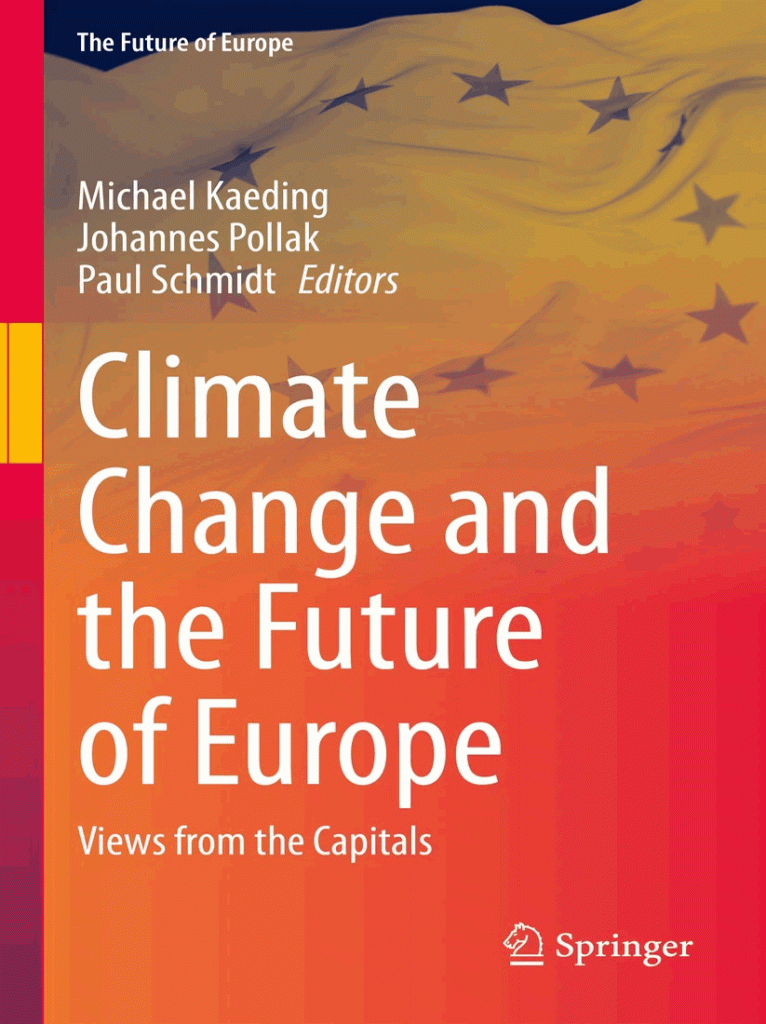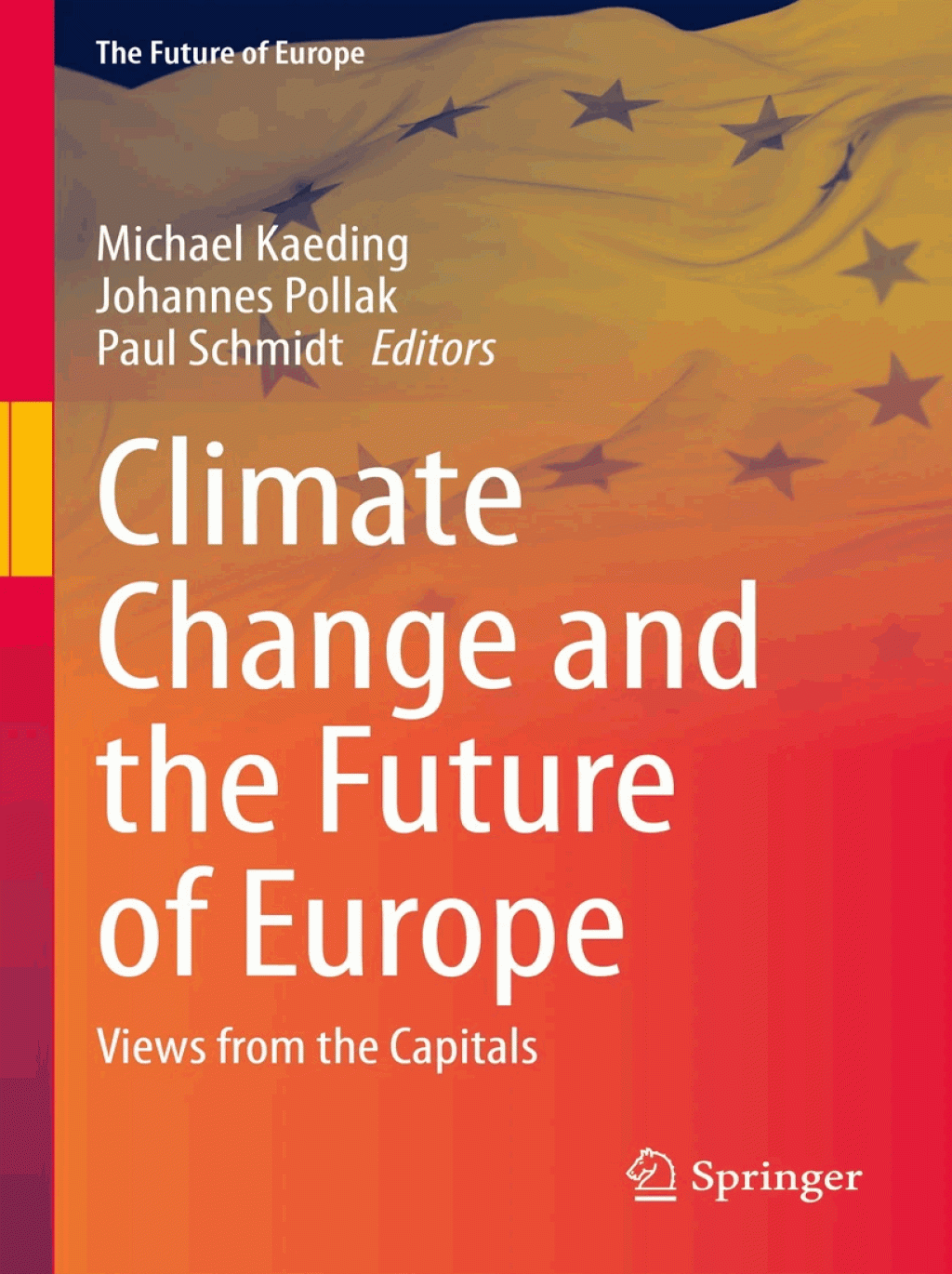Hard Pressed by External Actors: Sustainability Transition in Hungary
Authors: Dániel Muth and John Szabo
In: Kaeding, M., Pollak, J., Schmidt, P. (eds) Climate Change and the Future of Europe. The Future of Europe. Springer, Cham. pp. 53–56.
DOI: https://doi.org/10.1007/978-3-031-23328-9_13
Abstract
Climate change has recently become a salient social issue in Hungary, as numerous surveys and polls confirm that Hungarians are as concerned about the devastating effects of deteriorating environmental conditions as their European peers. The ruling Fidesz party, continuously in power since 2010, has also shifted rhetorically from a moderately climate-sceptic stance to a pro-environmental position, but it did so in a context where the country’s carbon-intensity per capita is relatively low. Despite the populaces’ similar levels of concern over climate change, there are immense differences between the action that EU15 countries (which include the 15 countries in the EU from 1 January 1995 to 1 May 2004) and Hungary plan to take. Hungarians may express strong ecological concerns, but their material considerations prevail, with the government frequently claiming that the country is already on a low carbon trajectory.




